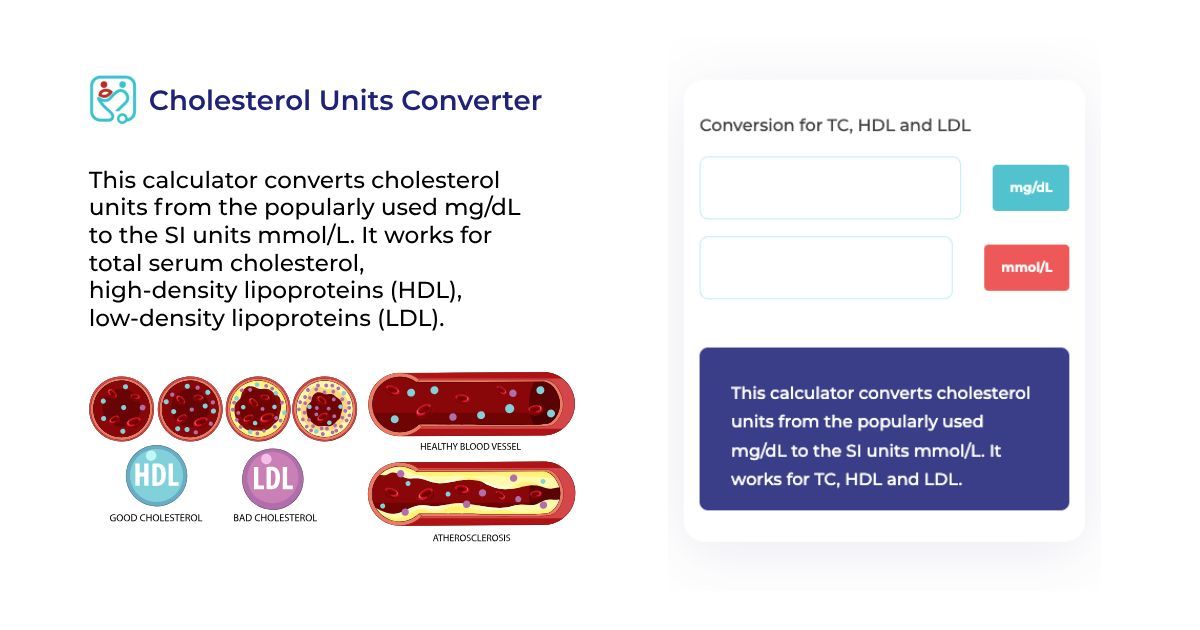コレステロール検査結果
コレステロールは、血液中にタンパク質と結合して運ばれる脂質の一種です。このタンパク質とコレステロールの組み合わせをリポタンパク質と呼びます。リポタンパク質には主に2種類あります。
- HDL(高密度リポタンパク質): 細胞から余分なコレステロールを回収し、肝臓に運び、そこで分解・排出されるため、「善玉コレステロール」とも呼ばれます。HDLが高いと、心臓病のリスクが低くなりますが、あまりに高いと逆に有害になる可能性もあります。
- LDL(低密度リポタンパク質): 細胞に必要なコレステロールを運びます。しかし、コレステロールが多すぎると細胞内に蓄積し、病気の原因となることがあります。LDLが高いと、体内に余分なコレステロールがあることを意味します。
- これらの数値がバランスを崩し、総コレステロールが高くなると、健康問題のリスクが高まります。
血液中の脂質が多すぎても、長年自覚症状がないことがあります。唯一、血液検査で異常を検知できます。健康的なコレステロール値
- HDL: 50 mg/dL以上
- LDL: 70〜130 mg/dL
- 総コレステロール: 200 mg/dL未満
トリグリセリド検査結果
トリグリセリドは、血液中に循環する脂質の一種です。体内の最も一般的な脂肪のタイプであり、余分なカロリーが即座に必要とされないときに、体内で脂肪細胞にトリグリセリドとして蓄えられます。体がエネルギーを必要とするときに、トリグリセリドが放出されます。一部のトリグリセリドは健康に重要ですが、血液中のトリグリセリドが高すぎると、心臓病や脳卒中のリスクが高まります。
トリグリセリドはコレステロールとは異なります。コレステロールは、体内のすべての細胞に見られるワックス状の脂肪のような物質です。高トリグリセリド血症は、高コレステロール血症や低HDLコレステロール血症などの他の脂質異常症とともに、メタボリックシンドロームの一部となります。
トリグリセリドのレベルは通常、以下のカテゴリーに分類されます。
- 正常: 大人では 150 mg/dL (1.69 mmol/L) 未満、10歳から19歳までの子供や青少年では 90 mg/dL (1.01 mmol/L) 未満
- 境界高値: 150-199 mg/dL (1.69 - 1.91 mmol/L)
- 高値: 200-499 mg/dL (1.91 - 5.63 mmol/L)
- 非常に高値: 500 mg/dL以上 (> 5.63 mmol/L)


